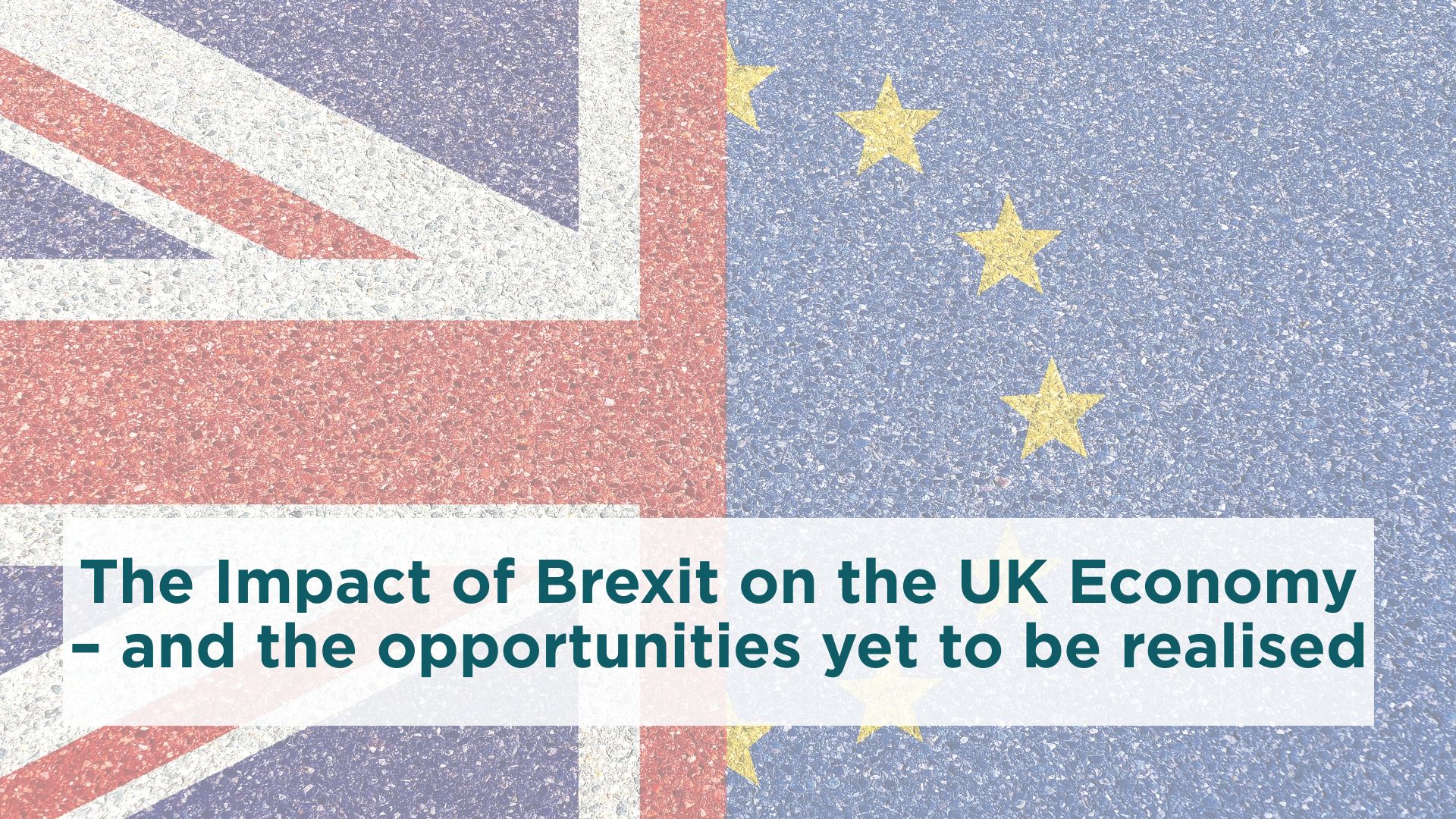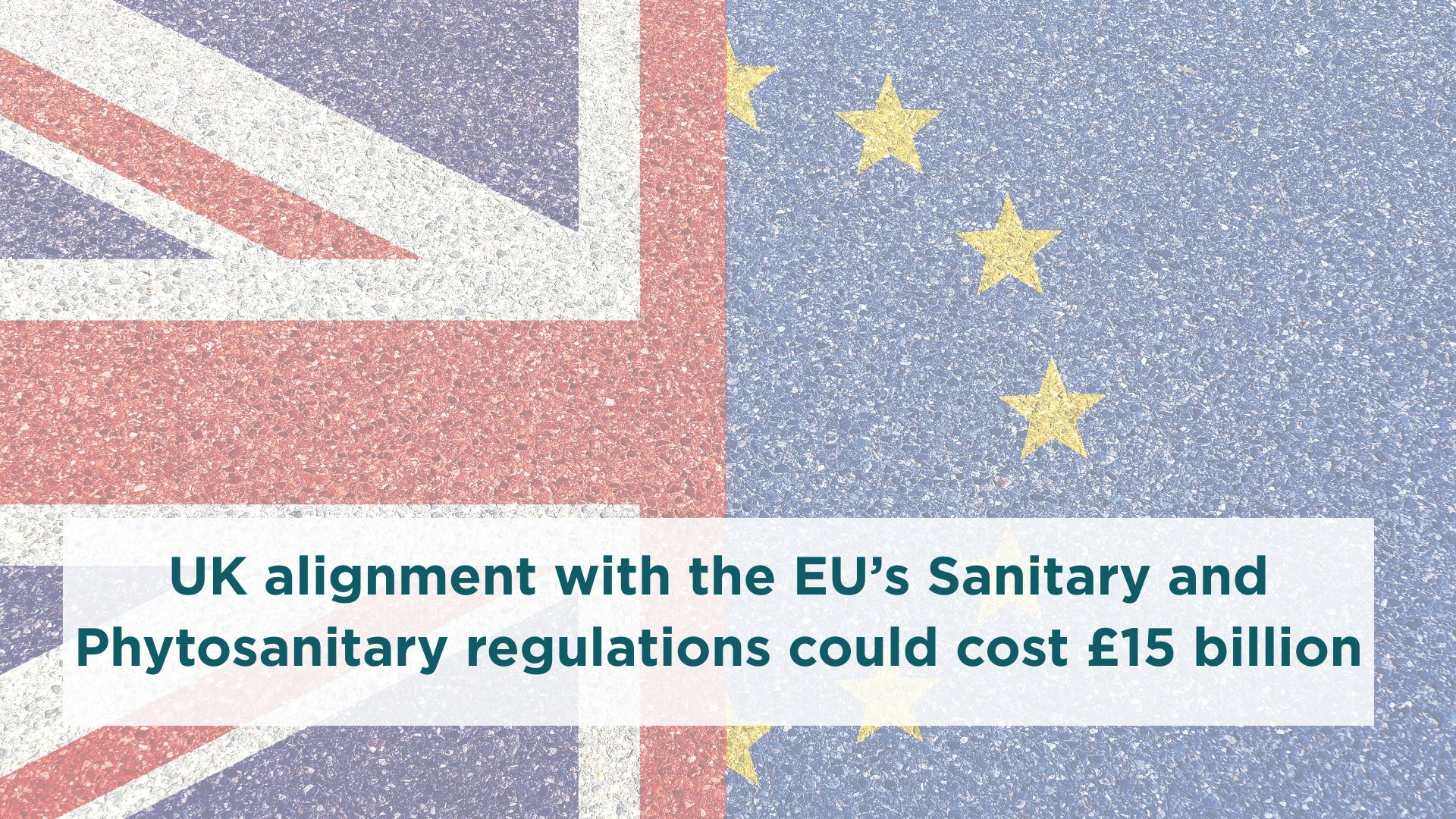
Politicians blaming Brexit for UK economic woes need to ‘take a look in the mirror,’ says Growth Commission Chairman
Government ministers and other politicians blaming the UK’s economic stagnation on the UK’s departure from the European Union are using Brexit as a scapegoat for decades of failure, says Shanker Singham, Chairman of the Growth Commission and one of the world’s leading experts on trade.
The message from Singham – who has previously advised the UK International Trade Secretary and been a cleared advisor to the United States Trade Representative – coincides with the publication of new calculations from The Growth Commission in The Impact of Brexit on the UK Economy – and the opportunities yet to be realised which sets out the considerable benefits to the UK economy of using Brexit freedoms to enact pro-competitive regulations which diverge from the EU rule book.
The Commission’s economic models suggest that even taking into account the trade frictions in the area of goods trade with the EU, if the UK adopted pro-competitive regulations, it could see a boost to its GDP per capita of between 5.95% and 7.77%. Only if the EU’s regulation became more pro-competitive would it make sense to align to it. Alignment to EU regulation as it is would lead to a loss of between 3.12% and 3.9%. Given that this is precisely what the UK has done, we can attribute this loss to the failure of successive governments to take proper advantage of the freedoms they have been given.
The benefits of regulatory improvement therefore far outweigh the limited trade facilitation loss from leaving the EU’s Customs Union and Single Market – and this is before even considering the trade benefits of an independent trade policy in these calculations.
Shanker Singham, Chairman of The Growth Commission, said:
“Politicians blaming Brexit for the UK’s economic woes ahead of the Budget need to take a long hard look in the mirror. There are long-standing reasons for the economic stagnation from which the UK is suffering going back several decades, long before Brexit appeared on the agenda. Sticking to costly energy policies, failing to address burgeoning welfare bills that have resulted in a bloated state and the failure so far to address planning reform with any seriousness are just some of the far more pertinent reasons for the flat-lining economy than the decision to leave the EU.
“While there is some additional trade friction between the UK and the EU post-Brexit, the cost of that can be eradicated numerous times over by taking advantage of the freedom to make the UK’s regulatory system more pro-competitive than the EU’s and enjoying the economic dividends that will flow as a result. But far too few of the political class have shown any imagination and considered the opportunities for positive regulatory reform.
“Ministers across government should urgently be reviewing the UK’s regulatory framework and identifying the distortions which can be removed from the statute book to make Britain’s economy far more dynamic and a better place to do business. If the Prime Minister is serious about growth being his Government’s ‘number one priority’, then diverging from burdensome EU rules and regulations and embracing pro-competitive regulation offers a toll-free route to boosting UK plc. The Government ought to hunker down and get on with this as a matter of urgency.”


